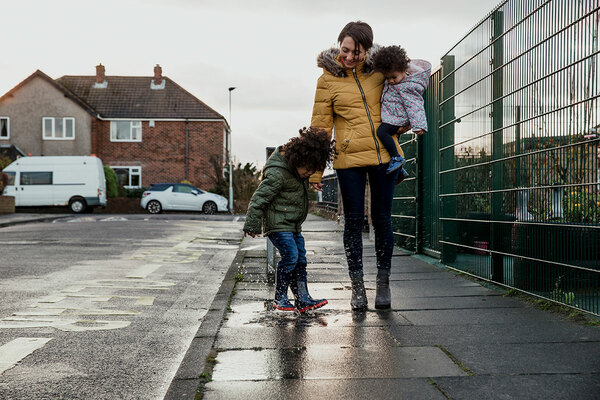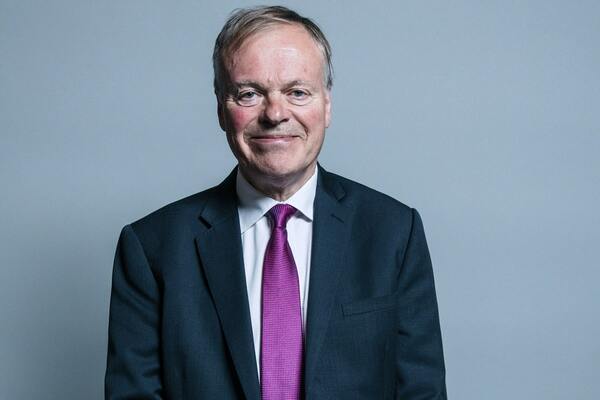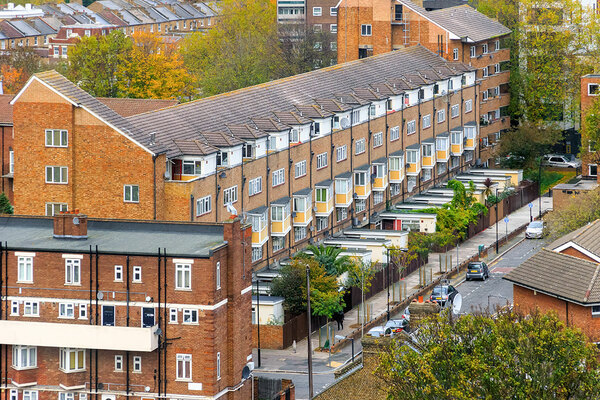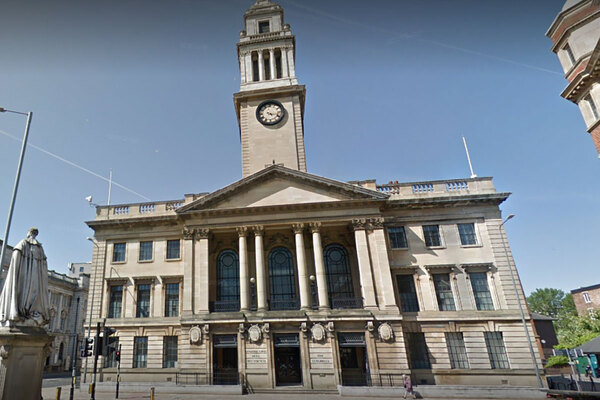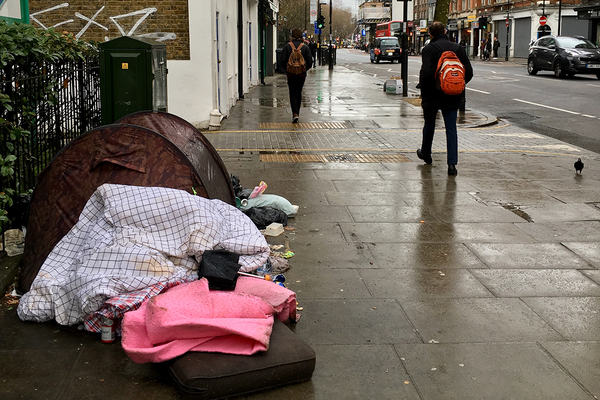You are viewing 1 of your 1 free articles

Jules Birch is an award-winning blogger who writes exclusive articles for Inside Housing
The pandemic has made the wealthy wealthier. Housing inequality is to blame
Wealth has risen fastest for those who were in a position to benefit from the government-induced property boom. Those who missed out on the gains now look likely to pay for the recovery, writes Jules Birch
Three numbers from a report published this week sum up the unequal financial impact of the pandemic on households – and housing is at the heart of it.
First, £50,000. That’s the average increase in the wealth per adult of the richest 10% of households, says the report by the Resolution Foundation thinktank.
Second, £7,800. The increase in the wealth per adult of households in the fifth decile, those right in the middle of the wealth distribution.
Third, £86. That’s the average gain per adult in the poorest 30% of the population.
In part, these numbers reflect the pattern established in the 1980s and then accelerated after the financial crisis whereby wealth begets wealth.
But they also represent something new: the Resolution Foundation estimates that total household wealth has increased by £900bn since the start of the pandemic, making the period we have just lived through the first recession since the end of the Second World War in which we have got richer.
Some of that is down to spending less (£125bn) and getting into less consumer debt (£10bn), but more than 80% of it is due to rising asset prices (£750bn).
Some of that is down to rising share values but most of it is due to increases in house prices, which are now up by more than 10% since the start of the pandemic, fuelled in part by the stamp duty holiday.
True, as the report acknowledges, prices may fall back when the holiday ends, but they will also continue to be underpinned by interest rates and quantitative easing and further supported by demand for increased space to work from home.
Another point that could be added: the unequal distribution of wealth between the housing haves and have-nots is further supported by differential mortgage rates of less than 1% if you have a 40% deposit compared to 3% to 4% if you only have 5% and paying someone else’s mortgage if you are a renter.
Social housing tenants will by definition have missed out on that increase in housing wealth and are far less likely to be members of the Zooming classes who have been able to work from home and save money.
They will also be disproportionately affected by the government’s decision to end the £20-a-week uplift in Universal Credit from the end of September.
But there is also a deeper point here that connects to trends seen since the financial crisis whereby austerity and cuts in benefits were justified in the name of keeping interest rates low, and those low rates made mortgages cheaper but house prices more expensive for anyone who did not already own.
“Adjusted for inflation, household wealth has more than doubled since 1980 but revenue raised by taxes on wealth has stayed roughly the same – so the tax rate on wealth has effectively halved”
As the Resolution Foundation points out, this represents a powerful additional argument for keeping the Universal Credit uplift (aka returning it to more like the levels originally intended before the Treasury got its hands on it).
At the other end of the scale, the report also provides food for thought for anyone in the government trying to work out what on earth ‘levelling up’ means. With the exception of London, rising house prices have disproportionately benefited the South East and South West over the North and Midlands.
Finally, as state support for the economy starts to be withdrawn and the Treasury looks for ways to restore the public finances, all this raises a whole series of questions about who should be picking up the bill.
Adjusted for inflation, household wealth has more than doubled since 1980 but revenue raised by taxes on wealth has stayed roughly the same – so the tax rate on wealth has effectively halved.
Reform of our creaking and illogical system of property taxation enjoys support across the political spectrum, most recently by the right-leaning thinktank Bright Blue, but it still seems a step too far for politicians in power.
On the evidence so far, though, the burden is most likely to fall precisely on those who have missed out on rising wealth during the pandemic.
Jules Birch, columnist, Inside Housing
Sign up for our daily newsletter
Already have an account? Click here to manage your newsletters

